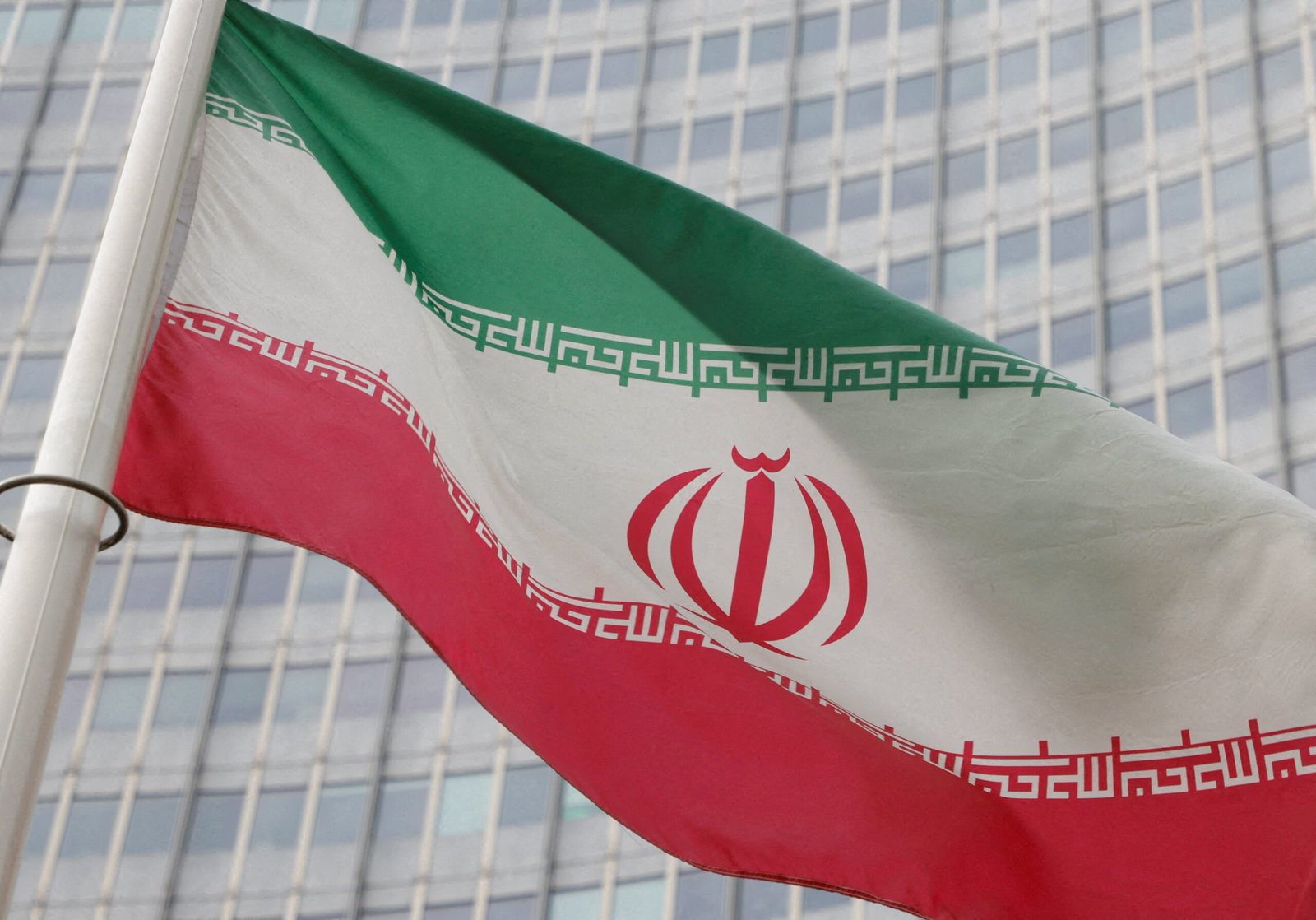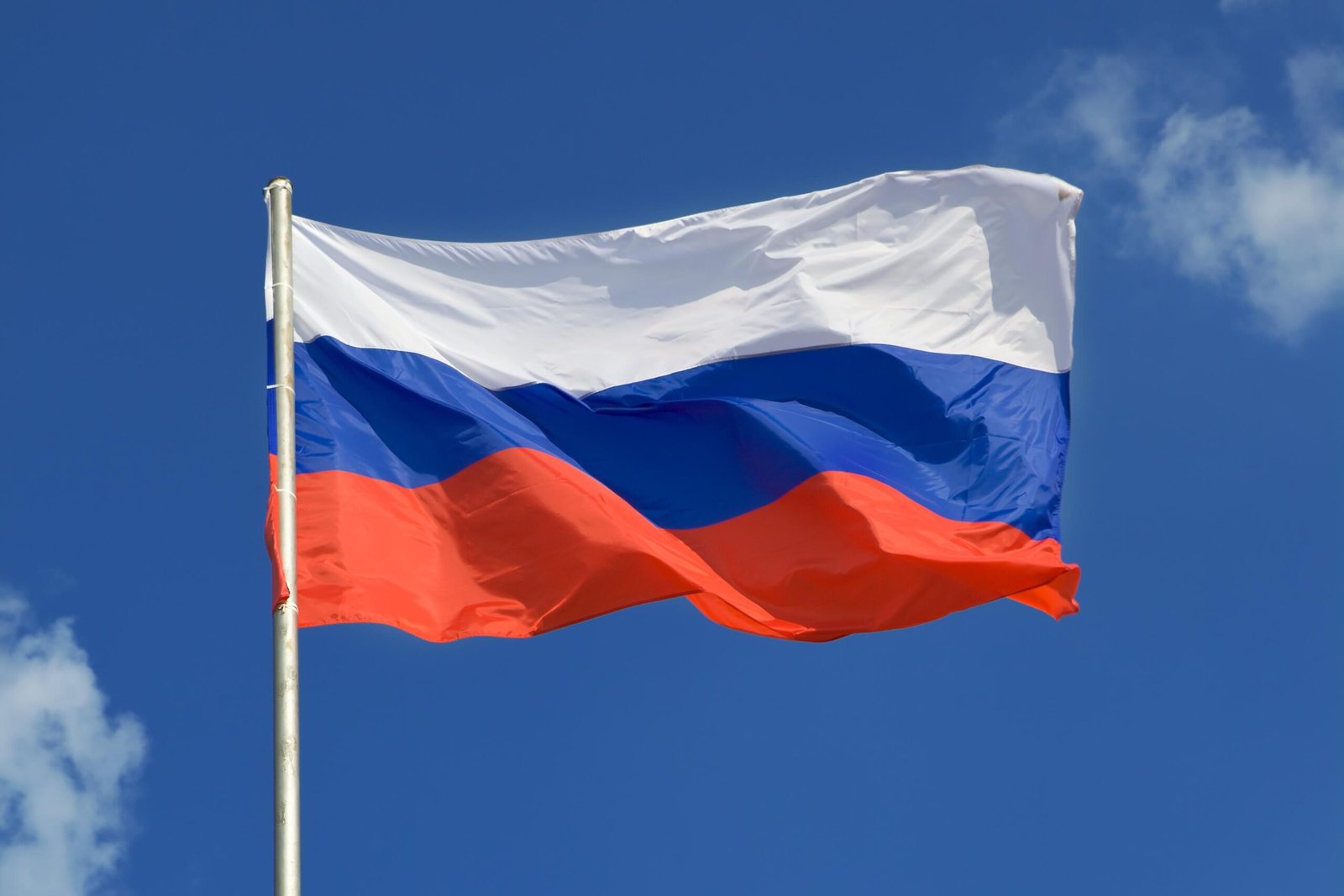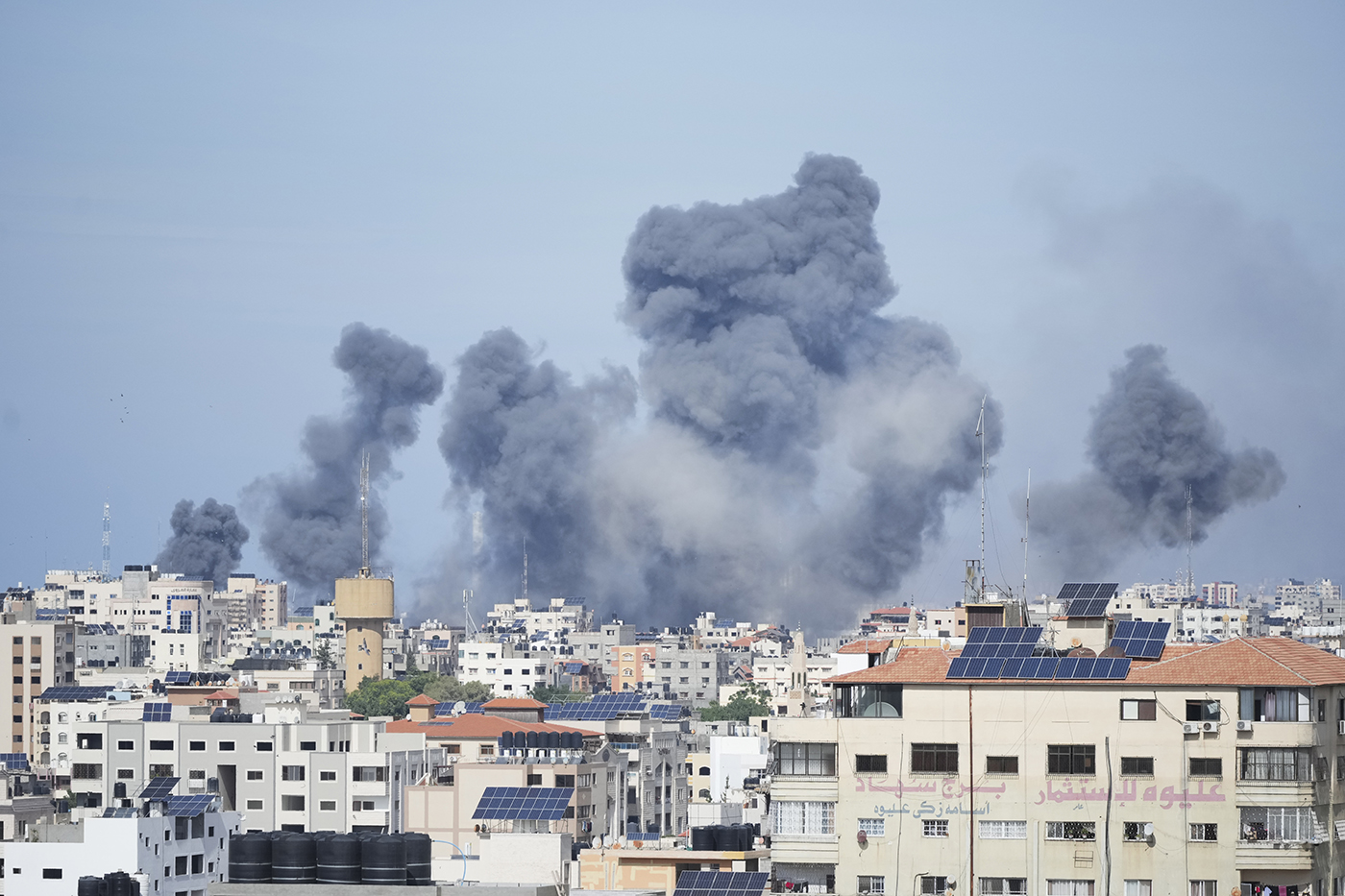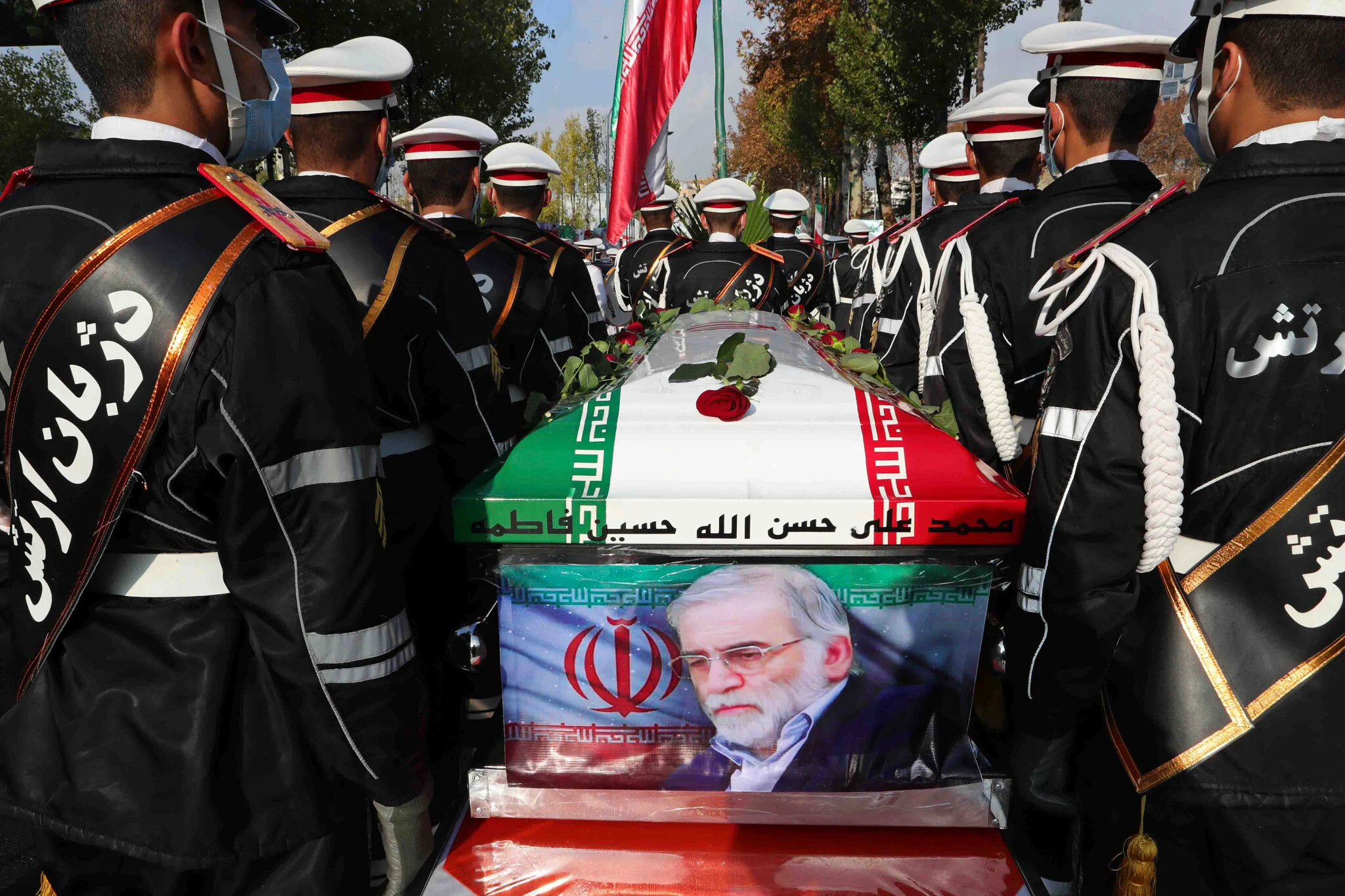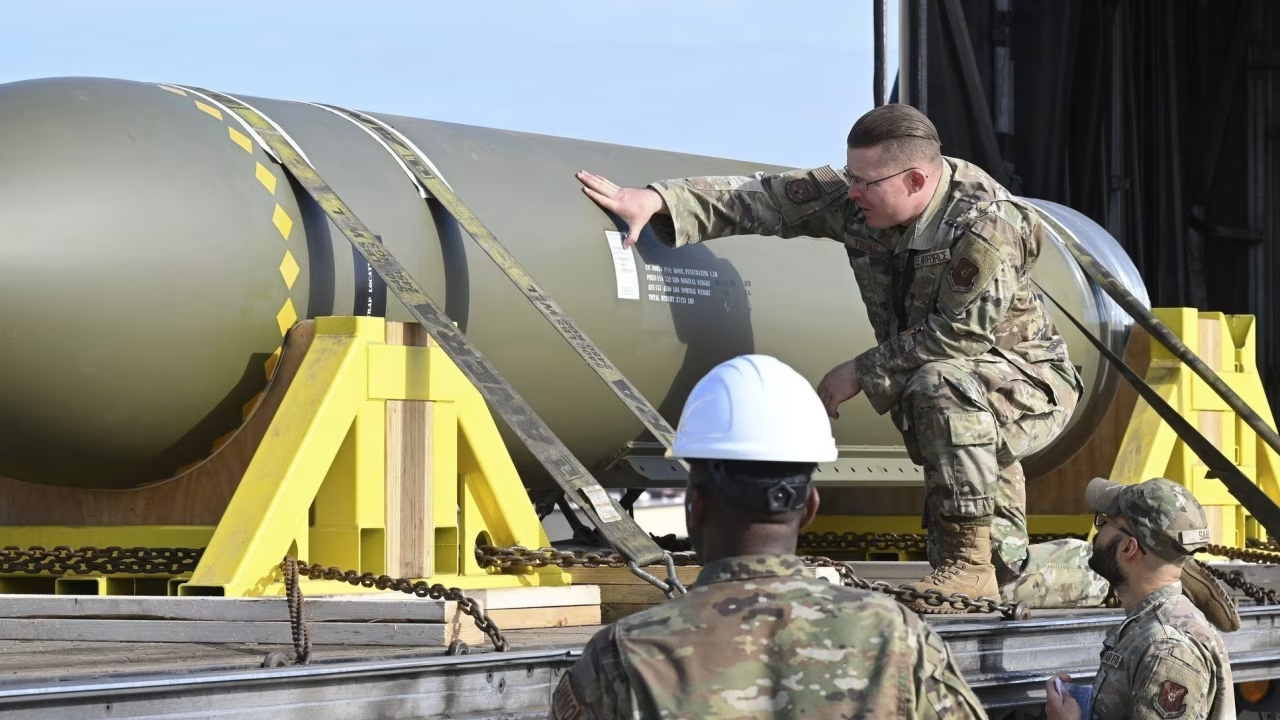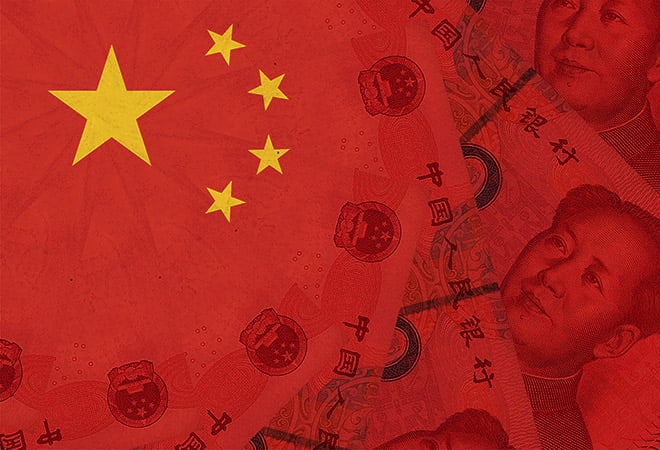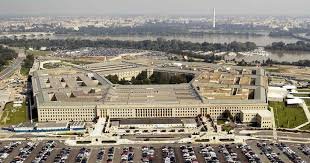KARACHI(Republic policy):
Pakistan’s stock market crashed by 3.47% or 1,379 points, hitting a 30-month low to close at 38,342 points on Tuesday. The rising political temperature coupled with an economic meltdown, threw investors into a frenzy with most rushing to sell shares in a panic to quit the market.
This was the single largest drop in a day witnessed in the past seven-month. The bloodbath wiped out almost Rs200 billion from the market in the day, as market capitalization (value of all listed companies) dropped to Rs6.134 trillion compared to Rs6.333 trillion a day ago.
The market has maintained a steep fall for the third consecutive working day, plunging by a cumulative 6%, or 2,462 points, to date from Thursday’s close of 40,804 points.
Speaking to the Republic policy, KASB Securities Head of Research Yousuf Rahman said, “The market has dropped in the wake of political developments ahead of the general elections.”
“The market is expecting the rupee to depreciate to around Rs260 against the US dollar in interbank ahead of the resumption of the stalled International Monetary Fund (IMF) loan programme,” he said. The exchange rate is hovering at around Rs228/$ at present.
“Secondly, the market is expecting the central bank to increase its key policy rate by 100 basis points to 17%, as its monetary policy committee (MPC) is scheduled to meet next week on January 23,” he added.
Rahman predicted that the stock market may remain under pressure from time-to-time until the IMF programme is revived and dates for the general elections are announced.
“The sellers are mostly mutual fund companies in the market. Their unit holders are withdrawing investment,” he highlighted, adding that, “Investors are relocating their investments from the stock market to other assets like gold.”
Sales have been witnessed across the board, particularly in the oil and gas exploration firms – which outperformed in recent weeks at the PSX, he said.
Arif Habib Limited Head of Research Tahir Abbas said that the investors offloaded part of their holdings in panic due to the rise in economic instability.
“A large number of industries are reporting partial or complete closure due to a halt in the import of raw material amid an acute shortage of US dollars in the economy,” he said.
The risk of default on international payments heightened when the country’s foreign exchange reserves fell alarmingly to a mere three-week import cover at $4.3 billion at present.
“Revival of the IMF loan programme is a must for the economy. We have no other option to revive the economy at this point. The government’s actions, however, do not support the narrative that it is preparing to resume the loan programme soon,” he said.
“The coalition government is not seen as one ready to risk its political capital to take the tough decisions needed for the revival of the programme. Especially not when all the political parties stand divided on the schedule of the next general elections,” he said.
The fast-developing situation has confused stock market investors. “They have quit the market in haste… on the unstable outlook,” said Abbas.






